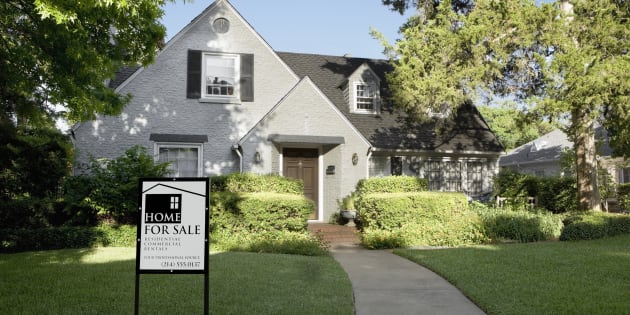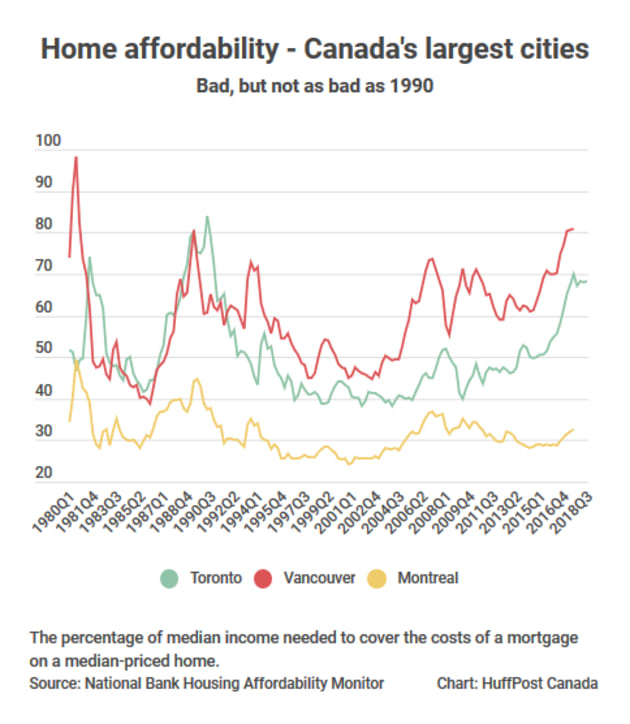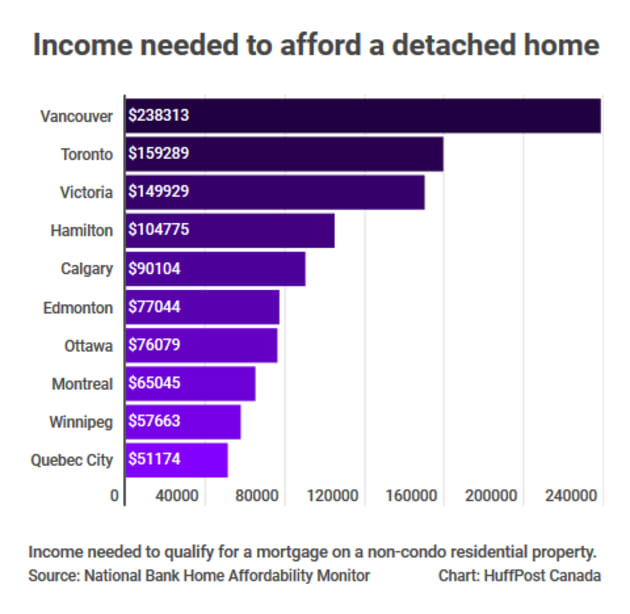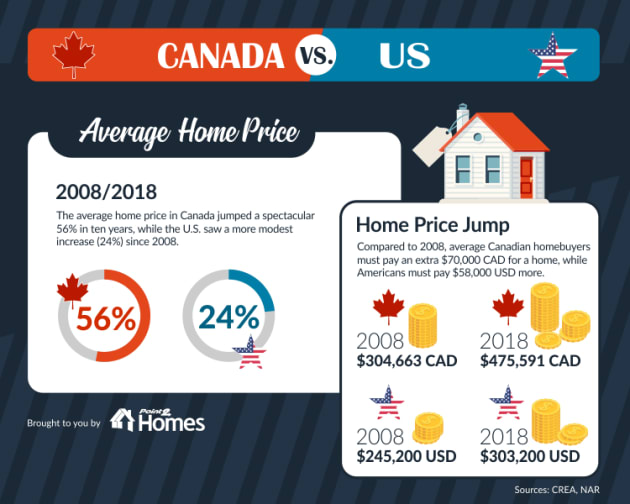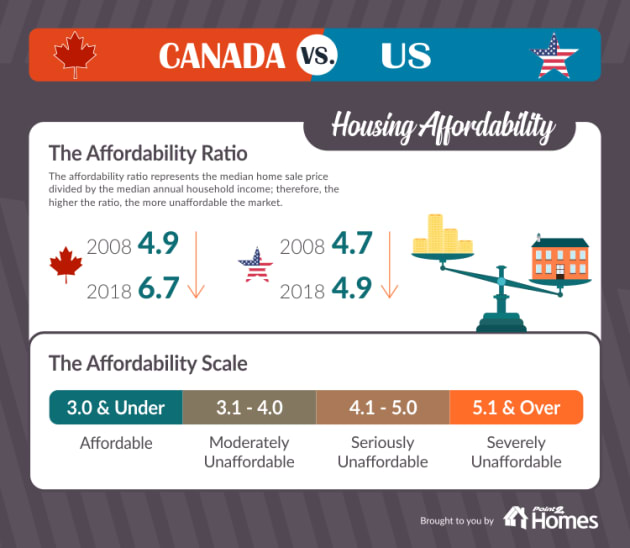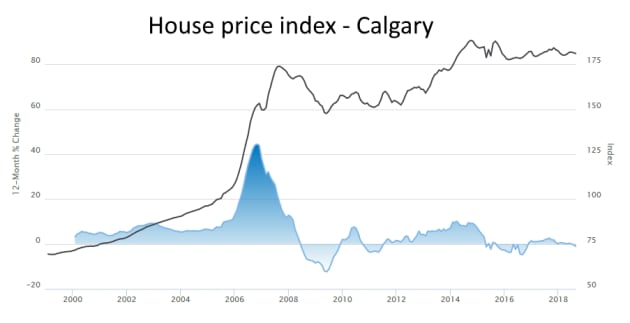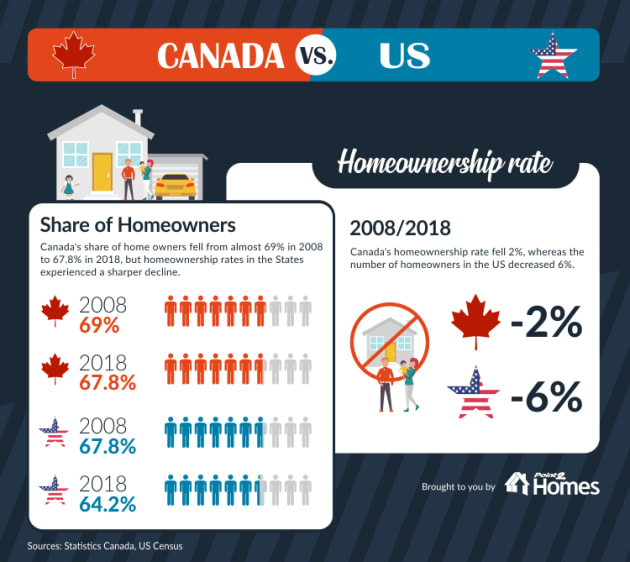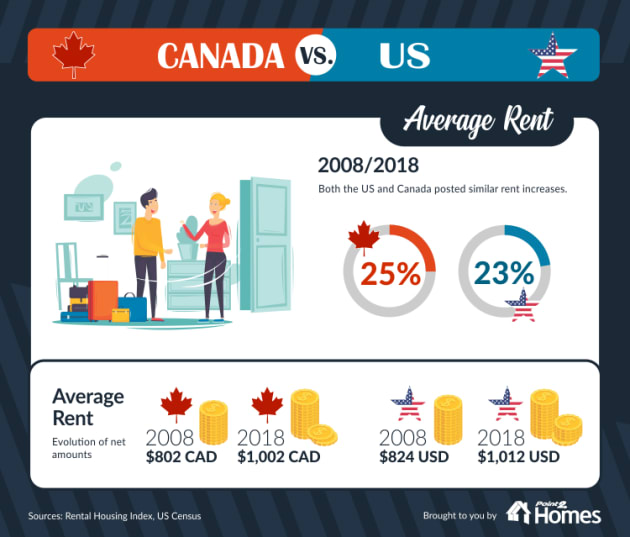Is the older generation as comfortable in homeownership as generally perceived?
The main critique of BC NDP housing taxes has been that they breed attacks on the difficult-to-defend wealth of the longtime homeowner – that they are, in effect, thinly veiled class warfare.
But I think the data suggests there’s an even deeper issue that should concern us: generational warfare.
I’ve been reflecting on some new figures drawn from our most recent census by Andy Yan, the Simon Fraser University (SFU) housing expert, and concluding that many of our conventional wisdoms about comfortable homeownership in the golden years deserve to be rethought.
In the case of Metro Vancouver, the nearly 95,000 homeowners aged 65 to 74 were far from out of the woods economically. Nearly one in three was still holding a mortgage.
For the nearly 51,000 homeowners aged 75 to 84, when for all intents and purposes our working lives are done, one in five remained mortgaged. And for the nearly 20,000 homeowners 85 and older, one in eight was carrying a mortgage.
Now, there are complexities galore in that data, but before we explore them, let’s agree: the simplistic picture of later-in-life comfy owners who can withstand additional taxes on their appreciating properties is a caricature.
“There is more nuance to it,” said Yan, director of the SFU City Program and an adjunct professor in urban studies. “Any policy needs to take that into account.”
We cannot know from the data the size of the mortgages, how long they have been held, their terms, what individual incomes and liabilities are, their family structures – all sorts of variables that might reframe the picture for better or worse.
Then again, neither does the provincial government, but that didn’t stop it from imposing a surtax on $3-million-plus homes that it disingenuously called a “school tax” and a secondary-home tax that it disingenuously called a “speculation tax.”
Moreover, it has failed to dampen public discourse that has vilified the older homeowner – a.k.a. the west-side Vancouverite – who benefited in the last three decades from a gradual but consistent appreciation in equity. In failing to do so, it provides an easy and politically popular target to tax.
Polls back this antagonism to the homeowner perched on the pricey property, even if the data suggests that person might be contending with debt.
As Yan said: “It is not a simple matter of retirees defending their pot of gold.”
If we work with this data, though, what we might conclude is that there are new dynamics at play that further challenge the traditional notion of retirement and repose at age 65. We are living longer, working longer and looking after our children longer. Locally, we also seem to be carrying our debts longer, and those debts are increasingly in the form of reverse mortgages that consume equity or alternative lending practices that consume more expense.
True, some seniors might be carrying a smaller mortgage in a downsized dwelling and helping their children pay theirs down. True, some seniors might be tolerably handling the costs on their late-work or retirement incomes. But that can’t entirely be the case.
The data for seniors is as surprising as the data for millennials, many more of whom are mortgage-free than one might think. The nearly one-third of the more than 6,000 owners between the ages of 15 and 24 who are without a mortgage, I would suspect, have the Bank of Mom and Dad to thank.
Only one in eight between the ages of 25 and 34 is free and clear of home debt – although nearly one in five in the city of Vancouver is so – and even that is an interesting and positive figure given the expense incurred and the long career runway ahead.
What it suggests is that policies might need to look not only at income but also at age in this era of longevity. By the way, the province’s permission for older people to defer taxes is of little solace, even if it’s the equivalent of a low-interest loan; it is still debt.
I saw a television show the other night that asserted the first person who will live to the age of 150 has already been born. I’d add: unless the debt kills you.





